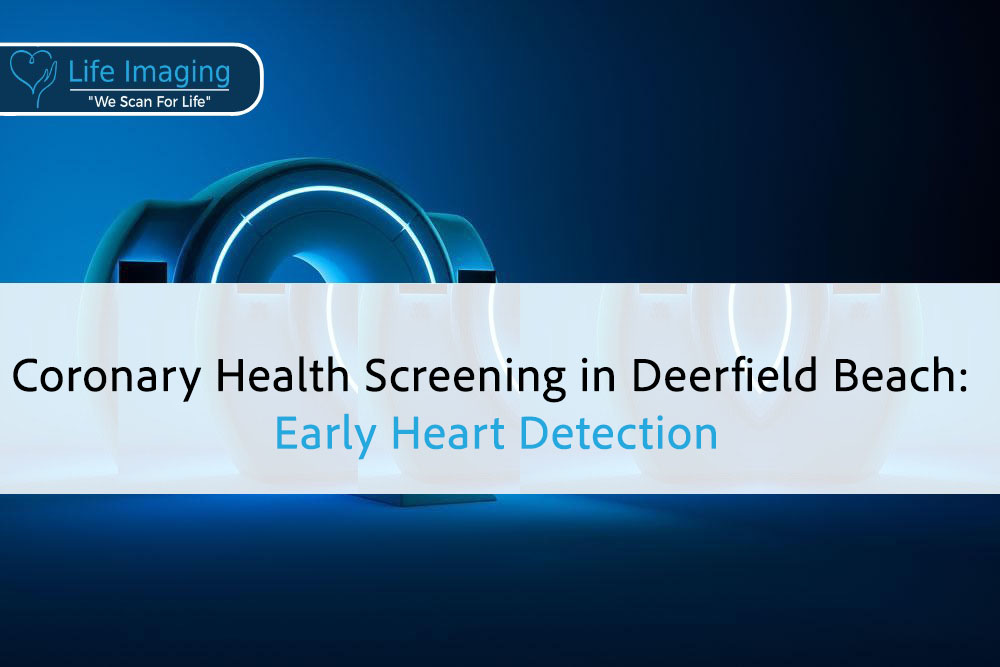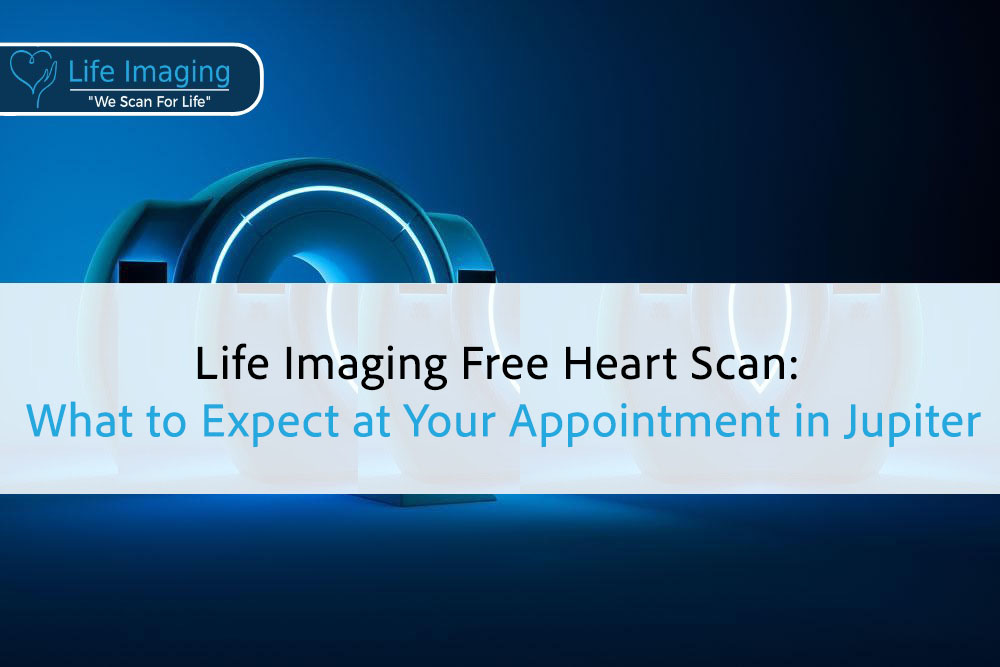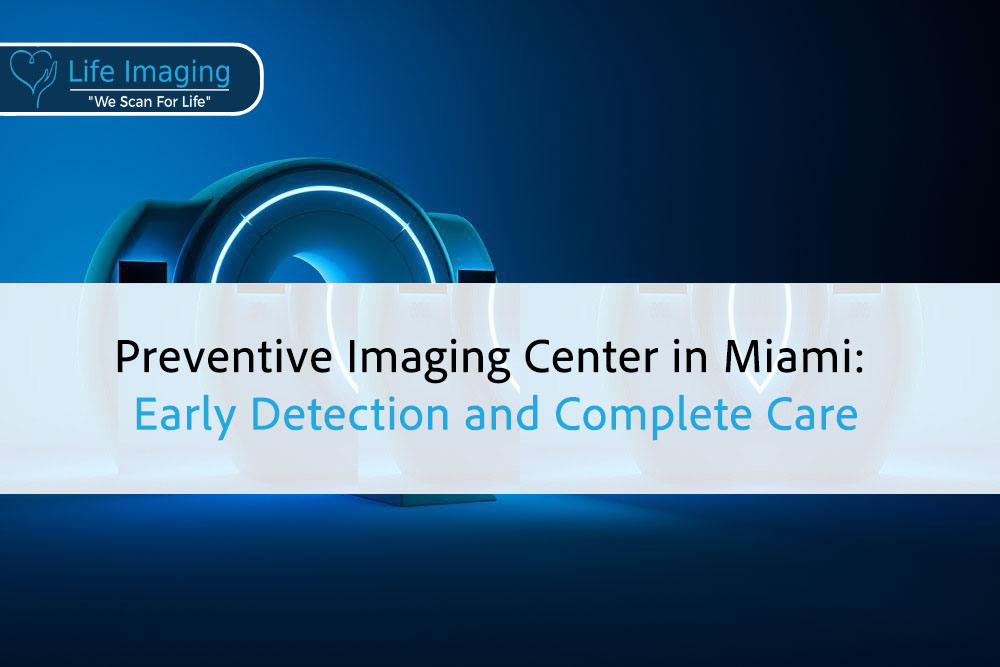
Fast and Painless Cancer Scan: What It Really Means (and What to Consider)
Fast and Painless Cancer Scan: What It Really Means (and

Heart disease remains the leading cause of death for both men and women worldwide. The good news is that many types of heart disease can be prevented by adopting healthy habits. By making better lifestyle choices, you can keep your heart strong and reduce the risk of developing heart conditions.
Regular exercise, a balanced diet, and stress management all play a crucial role in maintaining heart health. Additionally, avoiding harmful habits like smoking and excessive drinking can make a significant difference. Routine health check-ups and monitoring your blood pressure and cholesterol levels help detect issues early, allowing for timely interventions.
Understanding heart disease and taking proactive steps can lead to a healthier, longer life. Adopting these heart disease prevention tips can empower you to take control of your well-being and ensure your heart stays healthy for years to come.
Heart disease covers a range of conditions that affect your heart. The most common type is coronary artery disease, which can lead to heart attacks. This happens when plaque builds up in the arteries, blocking blood flow to the heart. Other types of heart disease include heart failure, arrhythmias, and heart valve problems.
Recognizing the risk factors is important. These include high blood pressure, high cholesterol, diabetes, smoking, and obesity. Family history and age can also increase your risk. By understanding these factors, we can take steps to reduce our chances of developing heart disease.
Taking preventive measures can dramatically lower the risk. Regular check-ups, staying active, eating a balanced diet, and managing stress all contribute to a healthy heart. Learning about heart disease and making lifestyle changes can keep your heart in top shape.
Regular exercise is a key component in preventing heart disease. It strengthens the heart, improves blood circulation, and helps maintain a healthy weight. Exercise also reduces stress, which is another factor in heart health.
To make exercise a part of your daily routine, start with activities you enjoy. Walking, jogging, swimming, and cycling are excellent choices. Aim for at least 30 minutes of moderate exercise five days a week to keep your heart healthy.
Eating a balanced diet plays a crucial role in heart health. The right foods can help manage weight, lower cholesterol, and reduce blood pressure. Here are some heart-healthy eating tips:
By making these dietary changes, you’ll support your heart health and overall well-being. Small adjustments can lead to big improvements in your heart health.
Smoking and excessive alcohol consumption are harmful to heart health. Smoking damages the lining of the arteries, leading to the buildup of plaque. This can cause the arteries to narrow, raising the risk of heart attacks.
Alcohol, when consumed in large amounts, can also lead to heart problems. It raises blood pressure and adds extra calories, which may result in weight gain. Drinking too much alcohol can lead to cardiomyopathy, a disease of the heart muscle.
By avoiding smoking and limiting alcohol, we can protect our hearts from serious harm. Taking these steps helps maintain a healthier heart and reduces the risk of developing heart disease.
Stress can have a serious impact on the heart. When we’re stressed, our body releases hormones like cortisol and adrenaline. These can increase heart rate and blood pressure, leading to potential heart problems over time. Managing stress effectively is crucial for maintaining heart health.
Taking time for hobbies and activities you enjoy is also important. Reading, gardening, or listening to music can relax the mind and improve your emotional well-being. By managing stress, you can help your heart stay strong and healthy.
Routine health check-ups are essential for heart disease prevention. These check-ups allow doctors to detect early signs of heart problems before they become serious. Regular health exams include checking blood pressure, cholesterol levels, and other heart health indicators.
Regular health check-ups provide an opportunity to discuss any concerns with your doctor. This proactive approach can help you stay informed about your heart health and take action when needed.
Quality sleep is essential for a healthy heart. Poor sleep can lead to several heart-related problems, including high blood pressure, obesity, and diabetes. These conditions increase the risk of developing heart disease.
To improve sleep quality, establish a regular sleep routine by going to bed and waking up at the same time each day. Create a relaxing bedtime environment by keeping the bedroom cool, dark, and quiet. Limiting caffeine and avoiding electronic devices before bed can also enhance sleep quality. By getting enough restful sleep, you can support your heart’s health and overall well-being.
Obesity is a significant risk factor for heart disease. Excess weight puts additional strain on the heart and is often associated with other risk factors such as high blood pressure, high cholesterol, and diabetes. Managing weight is crucial for maintaining heart health.
To reduce the risk of heart disease, focus on a balanced diet rich in fruits, vegetables, and whole grains. Regular physical activity is also essential for weight management and heart health. Even small weight loss can make a big difference in lowering the risk of heart disease, leading to a healthier, longer life.
Recognizing the early signs of heart disease is crucial. These symptoms can often be mild and easily overlooked, but they are your body’s way of signaling for help. Common early symptoms include:
Other symptoms include swelling in the legs, ankles, or feet (edema), nausea or vomiting, lightheadedness, or fainting. If you experience any of these symptoms, seek medical attention promptly.
Keeping track of your blood pressure and cholesterol levels is essential for heart health. These two factors can significantly impact your risk of developing heart disease.
Make a habit of checking your blood pressure and cholesterol regularly, so any issues can be addressed early.
Advanced imaging techniques provide a more detailed look at the heart and its function. These techniques help in detecting heart disease early and planning appropriate treatments.
These imaging techniques are non-invasive and provide invaluable information that can save lives.
Taking charge of your heart health is the best way to prevent heart disease. You can make several simple changes that have a significant impact on your overall well-being.
Making these lifestyle changes can significantly reduce your risk of developing heart disease and improve your quality of life.
Heart disease remains a leading cause of death, but many factors influencing heart health are within our control. Through recognizing early symptoms, monitoring vital health markers like blood pressure and cholesterol, and utilizing advanced imaging techniques, we can stay ahead of potential heart issues. Preventive measures, such as a healthy diet, regular exercise, stress management, avoiding smoking and excessive alcohol, and routine doctor visits, can make a world of difference.
Taking proactive steps now ensures we protect our hearts for the future. It’s never too early or too late to make changes that improve heart health. For a more detailed evaluation of your heart health, consider advanced imaging services like those we offer at Life Imaging Fla. Don’t wait for symptoms to appear; be proactive to ensure a healthier future.
Take the first step in protecting your heart by scheduling a heart scan in Orlando, FL, with us at Life Imaging Fla. An early start today can lead to a healthier tomorrow!

Fast and Painless Cancer Scan: What It Really Means (and

Introduction Your heart works hard every second of the day,

Introduction Your heart works around the clock, but changes inside

Introduction Your heart works nonstop, often without a single complaint.

Introduction The best part of getting older is having time

Introduction Good health isn’t just about treating problems, it’s about

* Get your free heart scan by confirming a few minimum requirements.
Our team will verify that you qualify before your scan is booked.
Copyright © 2025 Life Imaging – All Rights Reserved